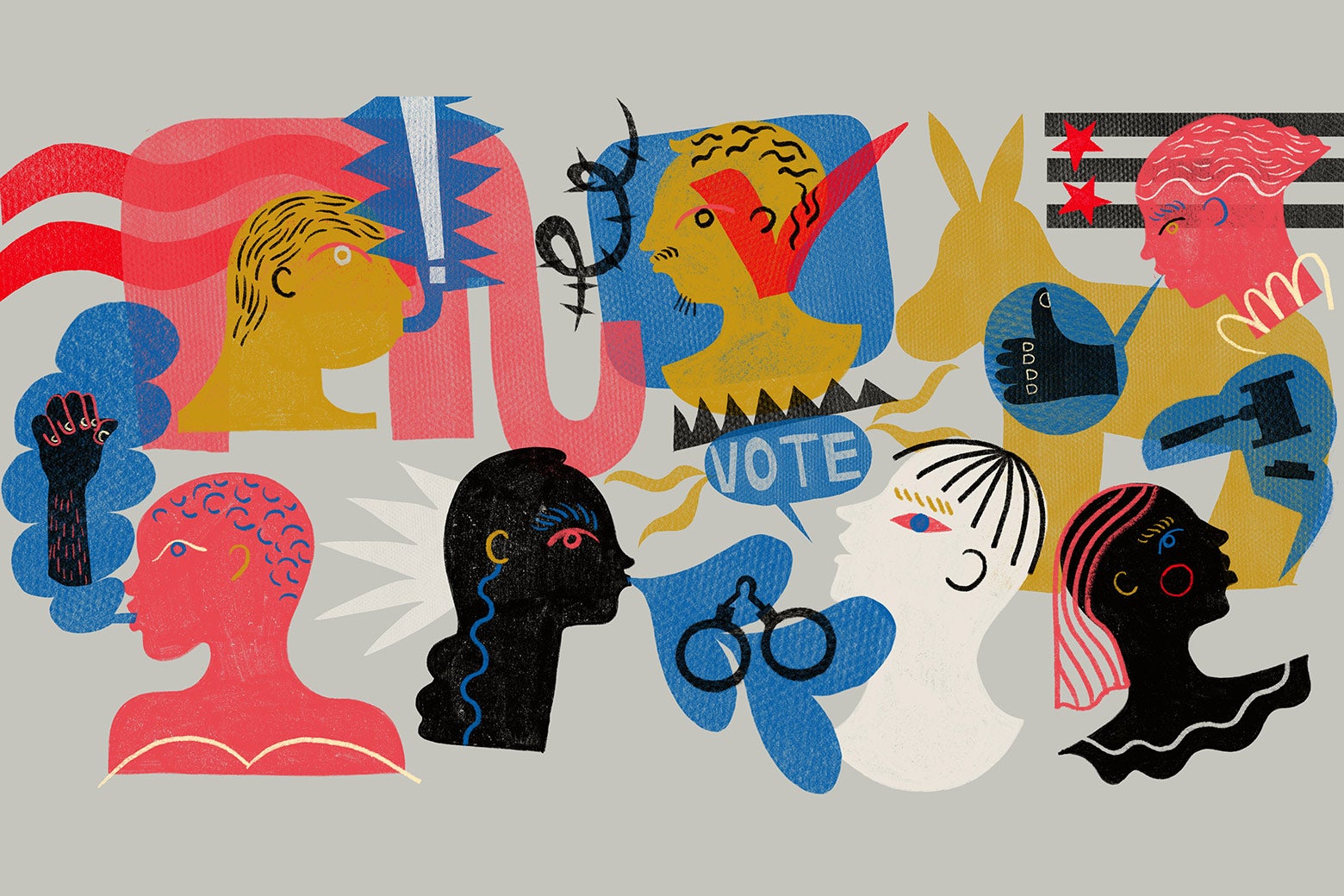Politics
Why Joe Biden Faces Unpopularity in Prisons

In the lead-up to the 2024 presidential election, the popularity of Joe Biden among incarcerated individuals has taken a notable hit. In a recent analysis, it was observed that support for Biden plummeted as Vice President Kamala Harris emerged as the Democratic nominee. According to surveys conducted by the Marshall Project, a nonprofit dedicated to examining the U.S. criminal justice system, when Biden withdrew from the race, Harris rapidly gained traction, nearly doubling Biden’s previous support among those behind bars.
In this extensive survey, which gathered responses from around 11,500 individuals across 542 correctional facilities in 41 states and Washington, D.C., only 20 percent expressed intent to vote for Biden, whereas Harris captured 35 percent. Meanwhile, former President Donald Trump maintained a robust lead among incarcerated voters with 44 percent.
Understanding this shift necessitated delving into hundreds of open-ended responses, revealing an overarching sentiment for significant political change. Many respondents across party lines voiced frustration with the established political landscape, indicating a yearning for new leadership. Despite a lack of clarity in her campaign message, Harris’s candidacy resonated with individuals seeking a break from the traditional political elites represented by Biden and Trump.
Interestingly, personal identities played a substantial role in shaping opinions. Some incarcerated individuals highlighted Harris’s ethnicity and gender as driving factors for their support, expressing pride in having a Black woman in the race. Comments like “She’s a Black woman. I’m a Black man, she gets my vote by default” underscore how identity politics influenced decisions.
Aging candidates also prompted skepticism. Biden’s advanced age and perceived disconnect from younger voters raised concerns. As one 54-year-old respondent observed, “How can an 80-year-old not be out of touch with the younger world?” This generational divide spurred some to view Harris as a fresher alternative in contrast to Biden and Trump.
Support for Harris also exhibited racial disparities, particularly among Black respondents, where her backing soared from 26 percent for Biden to 51 percent after her nomination. Conversely, Trump’s backing among this demographic decreased. White respondents also leaned toward Harris, but to a lesser extent, primarily attracting support from those who previously favored third-party candidates.
For many, their support for Harris hinged more on an aversion to Trump rather than enthusiasm for her platform. Responses such as “It’s not that I believe Kamala Harris is the best choice for president; I would probably have my girlfriend and mom vote for them” reflect this sentiment. Harris was often positioned as the preferable choice merely because she was not Trump.
A notable theme among respondents was a desire for economic improvement, with many associating Harris’s background as beneficial for understanding and addressing the struggles of middle- and low-income individuals. As expressed by one incarcerated respondent, “I believe Kamala Harris is a candidate that understands the middle-and-low-class citizens.”
As the election approaches, concerns about the criminal justice system linger heavily on the minds of incarcerated individuals. Issues such as lengthy sentences, wrongful convictions, and overall distrust of law enforcement were frequently mentioned. Yet, skepticism remained regarding whether either candidate would prioritize the pressing concerns within the prison system.
While some shifted their support to Harris, others expressed resignation, believing significant reform was unlikely regardless of who occupied the White House. One respondent encapsulated the sentiment by stating, “Doesn’t matter who becomes president, this country is in serious trouble.” Such sentiments reflect a broader disillusionment with the political process among those who have been marginalized by the system.
